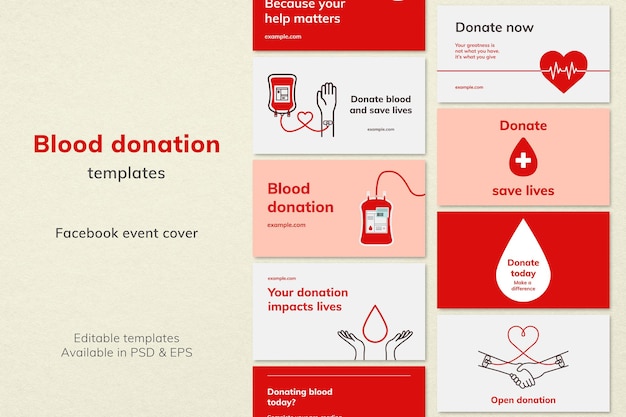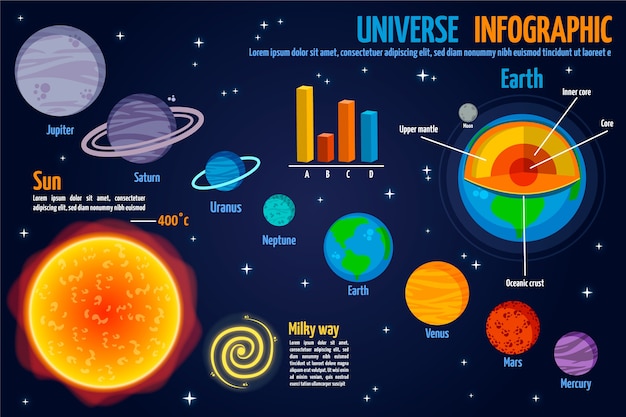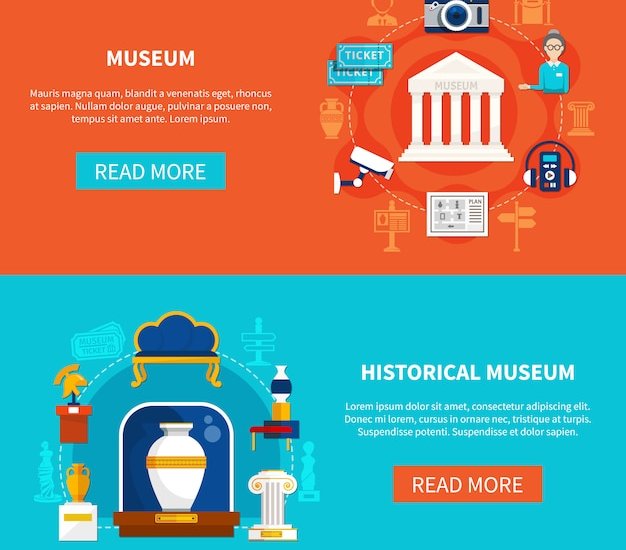Interesting Facts About AB+ Blood Type

People with AB+ blood type are considered universal recipients.
AB+ blood type is the rarest blood type, making up only 4% of the population.
AB+ blood type individuals can receive blood transfusions from any other blood type.
AB+ blood type is often called the universal plasma donor because their plasma can be used by people with any blood type.
AB+ blood type individuals have both A and B antigens on their red blood cells.
AB+ blood type is determined by inheriting both the A and B alleles from the parents.
AB+ blood type individuals are often sought-after blood donors in emergency situations.
People with AB+ blood type are more prone to developing allergies.
AB+ blood type individuals have a slightly higher risk of developing heart disease.
Research suggests that AB+ blood type individuals may have a higher susceptibility to certain types of cancer.
AB+ blood type individuals are more likely to experience memory problems as they age.
People with AB+ blood type tend to have a higher tendency towards perfectionism.
AB+ blood type individuals are often referred to as the chameleons because of their ability to adapt to different situations.
AB+ blood type individuals are known to have both the A-type and B-type characteristics.
Research shows that AB+ blood type individuals have a higher risk of developing stomach ulcers.
AB+ blood type individuals are more likely to have a stronger immune system compared to other blood types.
Interesting Facts About AB+ Blood Type part 2
People with AB+ blood type have a higher chance of having higher-than-average IQ levels.
AB+ blood type individuals have a higher risk of developing age-related macular degeneration.
Research suggests that AB+ blood type individuals may have a higher tolerance for pain.
AB+ blood type individuals are known to have a higher risk of developing blood clots.
People with AB+ blood type are more likely to have a good balance between introversion and extroversion.
AB+ blood type individuals are often regarded as creative and artistic.
AB+ blood type is more common among individuals of Asian descent.
People with AB+ blood type are considered to have a charismatic personality.
AB+ blood type individuals often have a higher risk of developing thyroid problems.
Research suggests that AB+ blood type individuals may have a higher risk of developing type 2 diabetes.
AB+ blood type individuals have a higher tendency to have an elevated blood cholesterol level.
People with AB+ blood type tend to be open-minded and accepting of different perspectives.
AB+ blood type individuals are more likely to have a higher level of empathy towards others.
AB+ blood type individuals have a slightly higher risk of developing kidney stones.
Research suggests that AB+ blood type individuals may have a higher rate of fertility issues.
People with AB+ blood type are often described as compassionate and caring.
AB+ blood type individuals often have a higher susceptibility to certain autoimmune disorders.
AB+ blood type individuals have a higher chance of having a positive response to certain cancer treatments.
People with AB+ blood type are more likely to have a higher sensitivity to caffeine.
AB+ blood type individuals often have a higher risk of developing respiratory infections.
AB+ blood type individuals are known to have a higher ability to multitask effectively.
People with AB+ blood type are often sought-after as bone marrow donors.
AB+ blood type individuals are more likely to have a higher sense of intuition.
AB+ blood type individuals have a higher susceptibility to certain gastrointestinal disorders.
Research suggests that AB+ blood type individuals may have a higher chance of developing sleep disorders.
People with AB+ blood type often have a higher risk of developing periodontal disease.
AB+ blood type individuals are more likely to have a higher resistance to stress.
AB+ blood type individuals often have a higher risk of developing seasonal allergies.
People with AB+ blood type are often regarded as adaptable and flexible in their approach to life.

